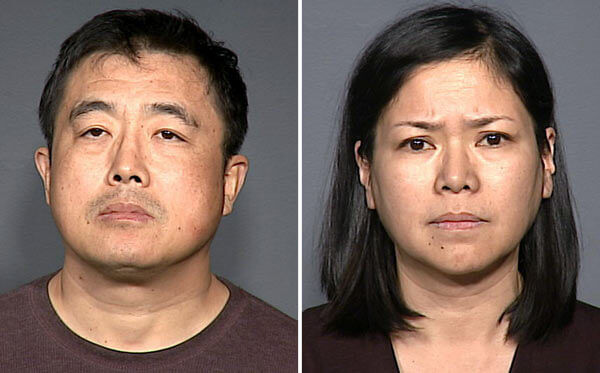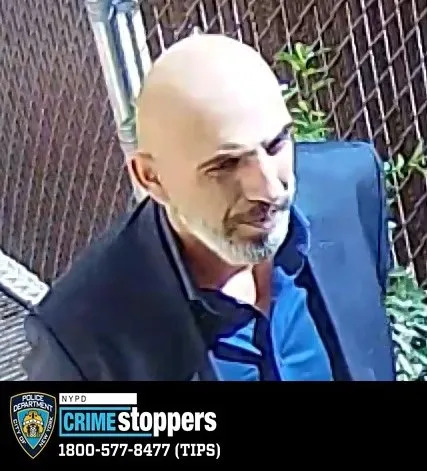By Joe Anuta
A Flushing pimp pleaded guilty to enterprise corruption for his part in an international prostitution and money laundering ring centered around a Manhattan advertising company, state Attorney General Eric Schneiderman announced Monday.
Wei “Andy” Qu, 51, faces between one year and three years in prison and a fine of $45,000 when he is sentenced by Queens Supreme Court Justice Richard Buchter. But he originally faced several charges each of promoting prostitution, money laundering, conspiracy and falsifying business records when he was arrested in December along with more than 10 Queens residents from across the borough.
The head of the advertising agency, New Jersey resident Milagros Katz, pleaded guilty to money laundering and was fined $100,000 for state court costs, although she dodged more than 100 charges of promoting prostitution, along with charges similar to Qu’s, by pleading.
“Today’s guilty pleas are part of our ongoing effort to ensure that those who participate in large-scale, lucrative, prostitution-based money laundering operations — including advertising bosses who use seemingly legitimate business to hide their roles in these illegal activities — are held accountable,” Schneiderman said. “My office will continue to work with law enforcement agencies around the state to root out criminal networks that launder money, promote prostitution and exploit women.”
Several Queens residents, many hailing from the northeast, were netted in a series of arrests last year. At the time, Schneiderman said Qu was one of several Queens residents acting as ringleaders of prostitution groups. The cases of the other defendants is still pending, according to the AG.
The ring revolved around the advertising agency Somad Enterprises Inc., according to prosecutors.
Somad, where Katz was the vice president, raked in about $3 million from various prostitution operations between January 2010 and October 2012. The different pimping outlets paid the company to place ads online at backpage.com and in newspapers, including the Village Voice and on television, prosecutors said.
The cash was made from exploiting women and selling drugs, but Katz cooked the books to make it appear the money came from legitimate businesses such as cleaning or acupuncture services, antiques or party planning — a process called money laundering, according to Schneiderman.
Two women who were victims of sex trafficking were found as a result of the 16-month investigation, prosecutors said, and were brought to a safe haven.
Reach reporter Joe Anuta by e-mail at januta@cnglocal.com or by phone at 718-260-4566.


































